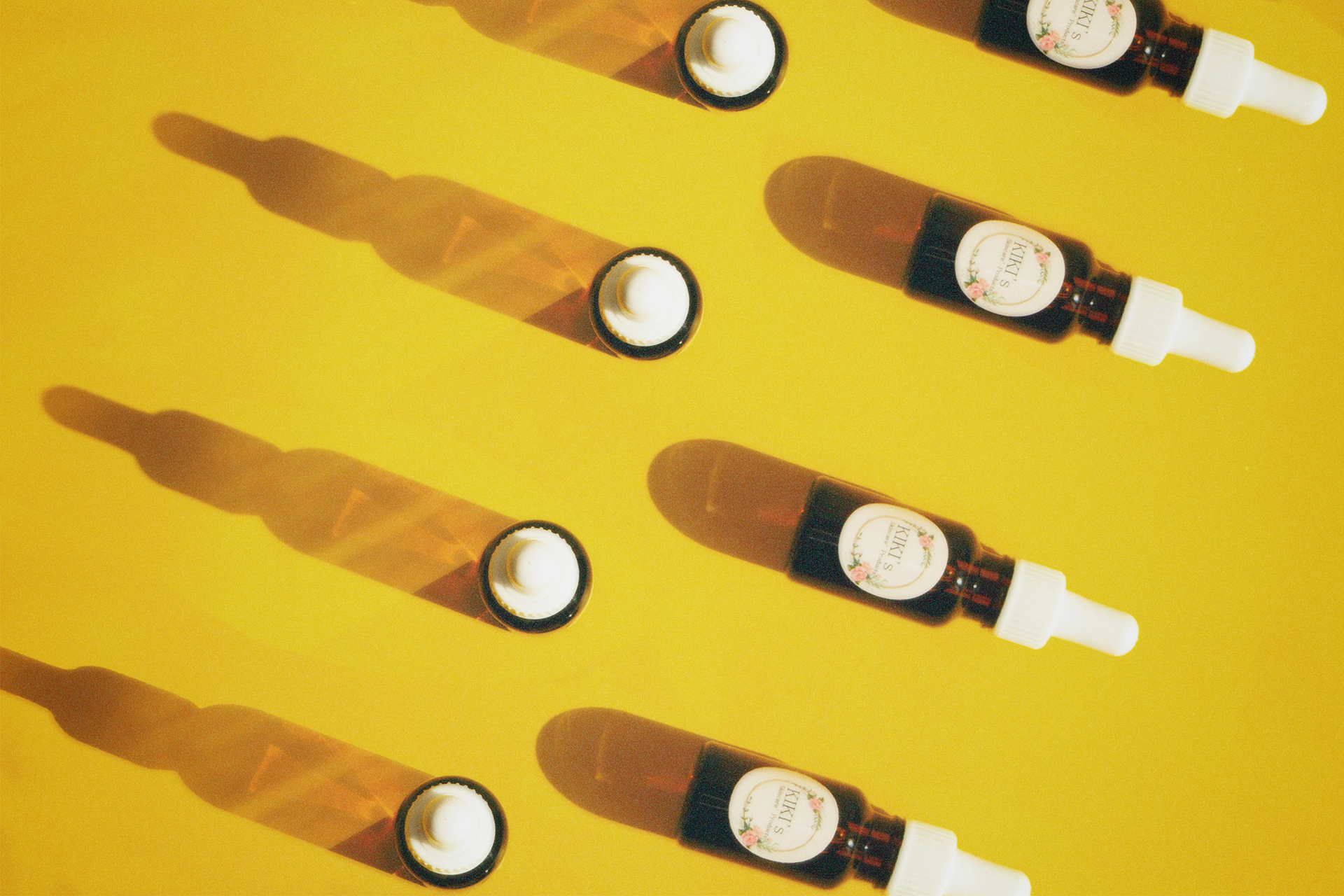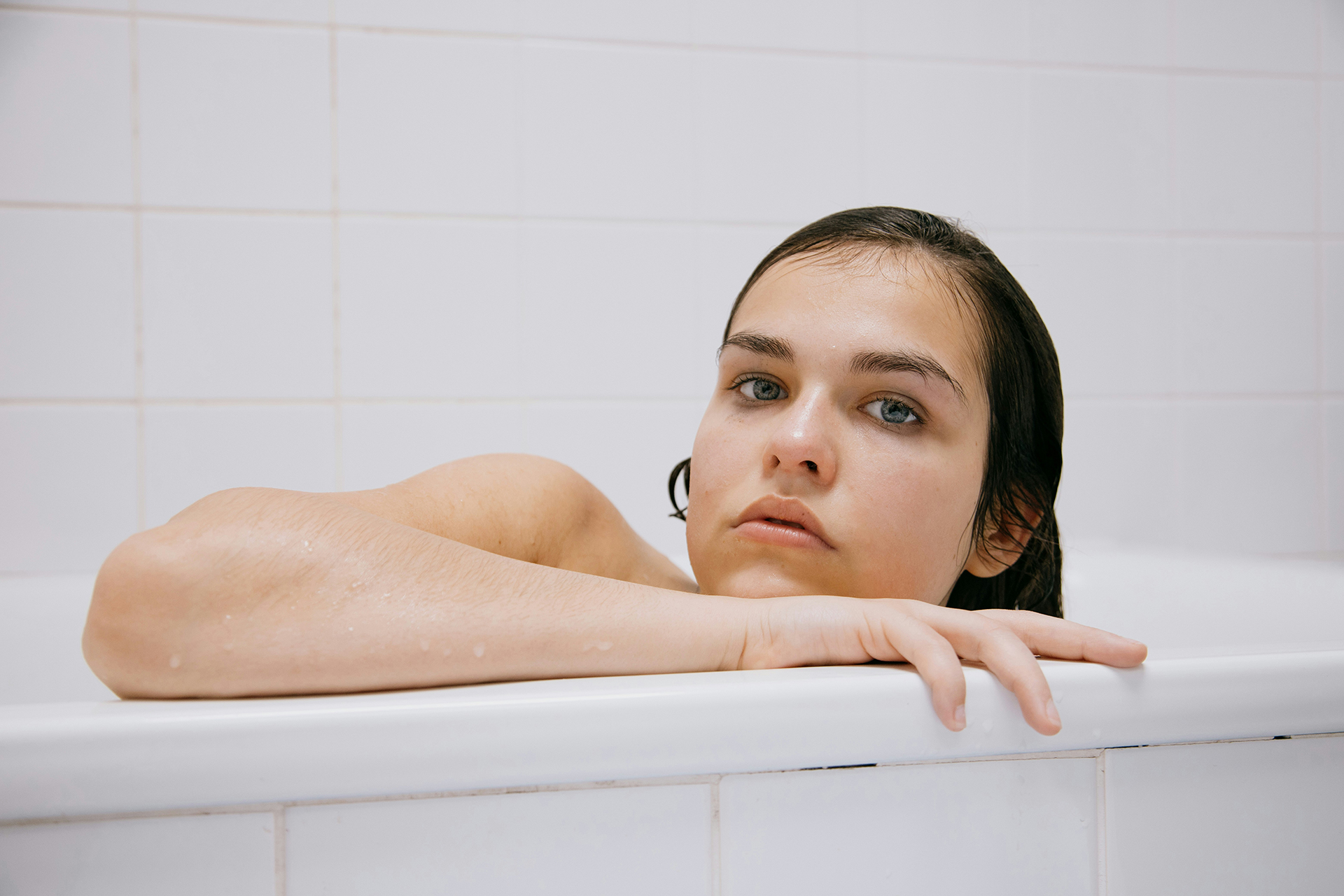Acne isn’t just a teenage concern—adults are frequently navigating the turbulent waters of breakouts too. From mild flare-ups to chronic conditions, adult acne can be particularly frustrating, affecting not only your skin but also your self-esteem. This comprehensive guide delves into the causes of adult acne and provides expert advice on effective treatment strategies, ensuring your journey to clear skin is informed and transformative.
Understanding Adult Acne
What Causes Adult Acne? Adult acne can be triggered by a myriad of factors that differ significantly from adolescent acne. For adults, the culprits often include hormonal fluctuations, stress, diet, and inappropriate skincare products. Women, in particular, may experience breakouts linked to menstrual cycles, pregnancy, or conditions like polycystic ovary syndrome (PCOS).
- Hormonal Fluctuations: Increases in androgens can stimulate oil production, leading to clogged pores and breakouts.
- Stress: High stress levels can increase cortisol production, which indirectly triggers acne by enhancing oil production.
- Inappropriate Skincare: Using products that are too harsh or comedogenic can exacerbate acne issues.
- Diet: High glycemic foods and dairy have been linked to acne in some individuals.
Strategies to Combat Adult Acne
1. Tailored Skincare Regimen Creating a skincare routine that addresses acne without exacerbating the problem is crucial:
- Gentle Cleansing: Use a gentle, non-comedogenic cleanser to avoid stripping the skin of its natural oils, which can worsen acne.
- Salicylic Acid and Benzoyl Peroxide: These ingredients are gold standards in acne treatment, helping to dissolve skin debris that clogs pores and kill acne-causing bacteria.
- Non-Comedogenic Moisturizers: Hydration is key, even for acne-prone skin. Choose oil-free moisturizers to keep the skin balanced.
- Retinoids: These Vitamin A derivatives are powerhouse ingredients for treating both acne and signs of aging by promoting cell turnover and reducing inflammation.
2. Hormonal Treatments For women whose acne is influenced by hormonal changes, certain treatments can be particularly effective:
- Oral Contraceptives: Birth control pills can help regulate hormones and reduce the severity of acne.
- Anti-Androgens: Drugs like spironolactone work by blocking androgen receptors and can significantly improve hormonal acne.
3. Diet Adjustments
- Low Glycemic Diet: Emphasizing low glycemic foods can help manage blood sugar levels and potentially reduce acne outbreaks.
- Reduce Dairy Intake: Some studies suggest that dairy, particularly skim milk, can be linked to acne.
4. Stress Management Incorporating stress-reduction techniques such as yoga, meditation, and adequate sleep can help decrease cortisol levels and potentially reduce acne.
5. Professional Treatments
- Chemical Peels: These can help clear pores, reduce skin oiliness, and improve overall skin texture.
- Light Therapy: Blue and red light therapies can kill acne-causing bacteria and reduce inflammation.
- Microneedling: This procedure can help in reducing acne scars and rejuvenate the skin by boosting collagen production.
6. Consistent Routine Consistency is key in any skincare regimen, especially for acne-prone skin. It can take several weeks to see improvement, so patience and persistence are crucial.
Preventive Tips
To prevent new breakouts:
- Regularly Cleanse Your Skin: Especially after exercise or excessive sweating.
- Avoid Touching Your Face: This can transfer oils and bacteria to your skin.
- Use Non-Comedogenic Makeup: Always opt for products that won’t clog pores.
- Regularly Wash Pillowcases and Towels: To minimize the transfer of oils and bacteria to your face.
Conclusion
Combating adult acne requires a multifaceted approach tailored to your unique skin needs. Understanding the underlying causes of your acne, adopting a targeted skincare regimen, making lifestyle adjustments, and seeking professional advice are all integral steps towards achieving clearer, healthier skin. Remember, each person’s skin is different, so what works for one person may not work for another. Consulting with a dermatologist or skincare professional can provide personalized advice and treatment options, ensuring you find the most effective regimen for your skin type and concerns.




